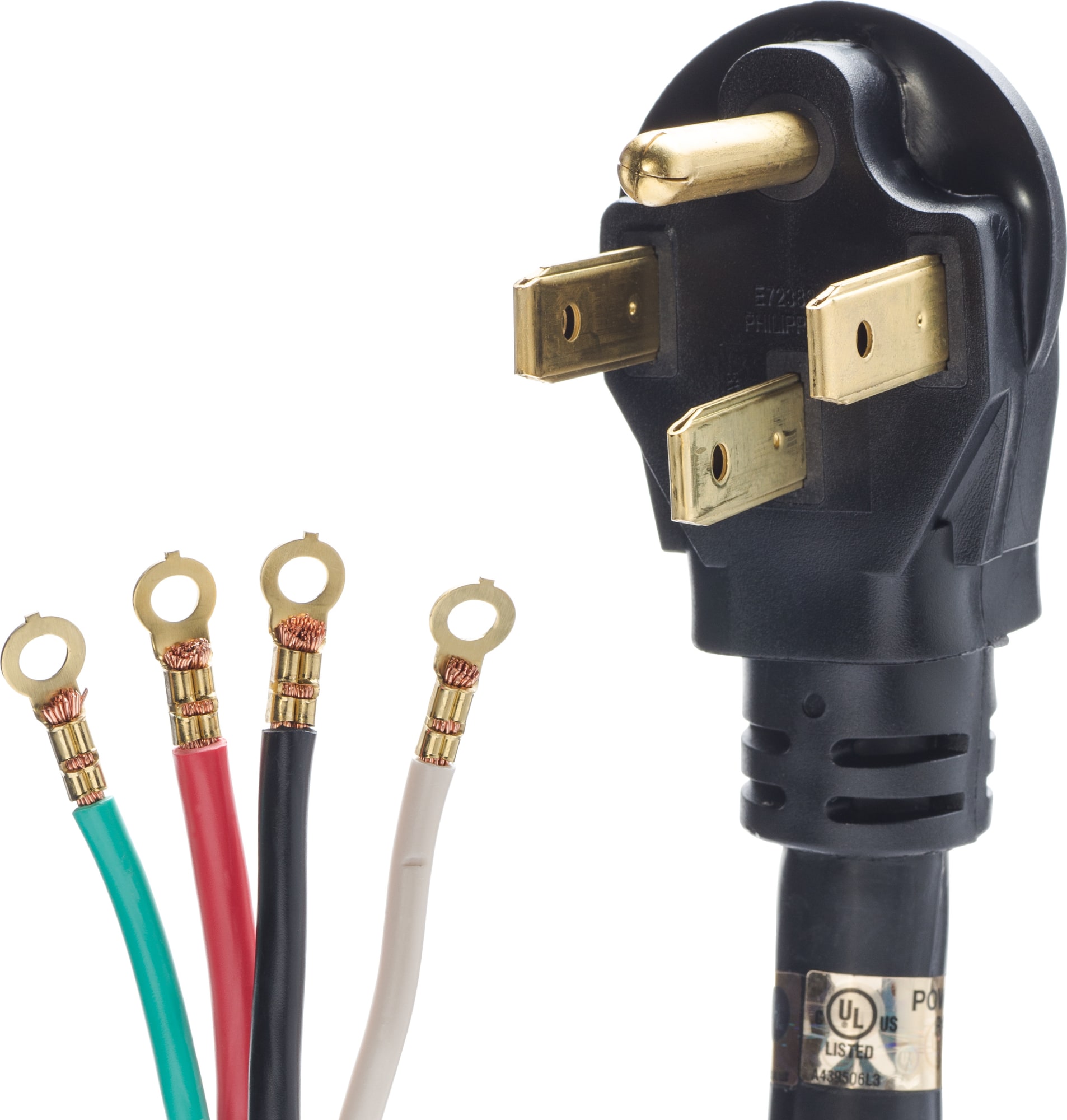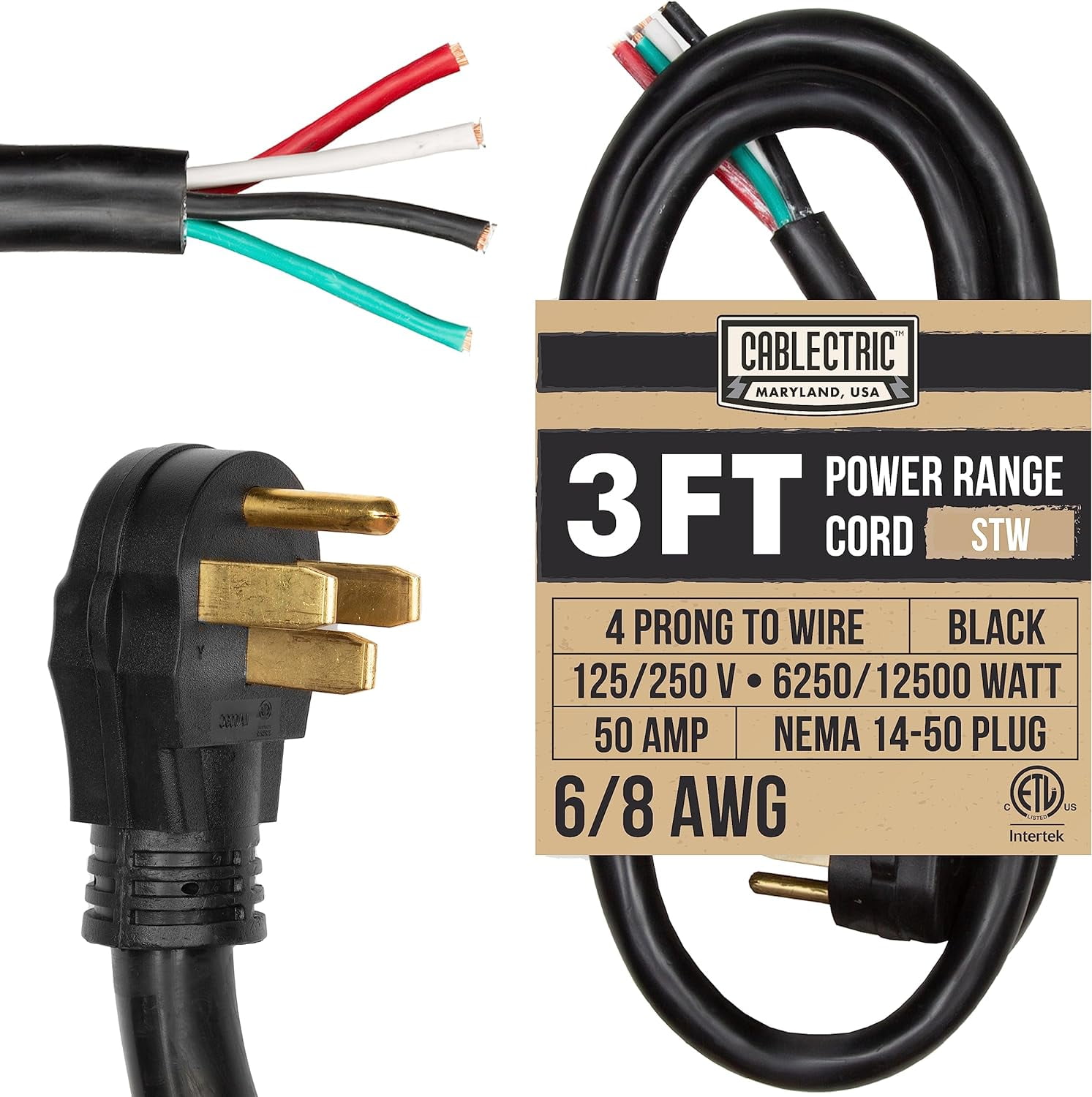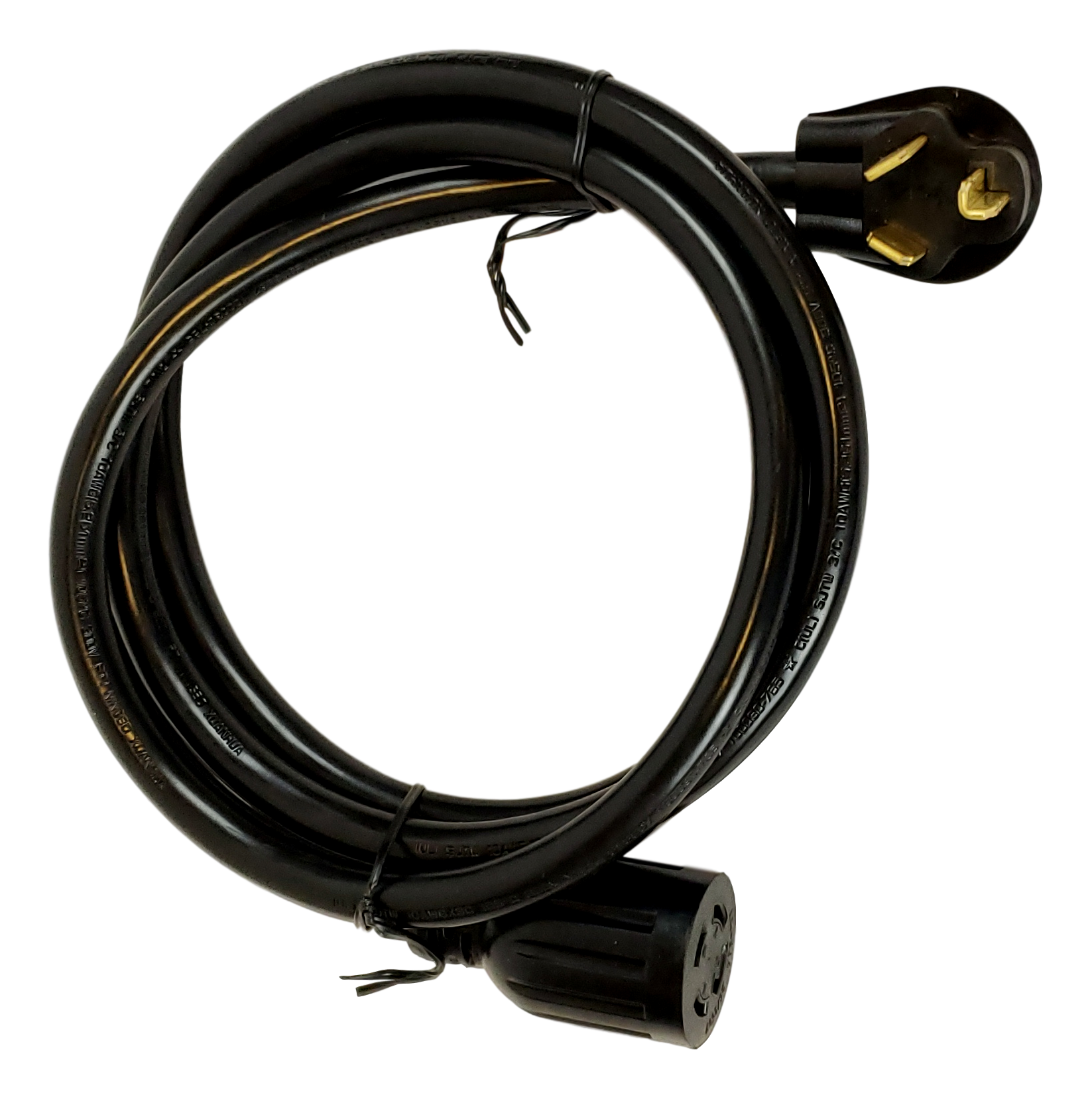Tired of tripping over cords and worrying about electrical hazards? Discover the secrets of the mysterious 4-prong range cord and unlock the full potential of your electrical power!
Unlocking the Mysteries
Electrical cords can be confusing, especially when you encounter the enigmatic 4-pronged variety. These cords are often found in kitchens, connecting appliances like stoves and ovens to power outlets. But what’s the deal with the extra prongs, and why do they matter?
The 4-Pronged Savior
The 4-prong range cord is designed to provide a safer and more efficient way to power high-voltage appliances. The additional prongs serve specific purposes:
–

Neutral: This prong carries the neutral electrical current back to the power source.
–

Ground: The ground prong provides a path for excess electrical current to flow safely into the ground, preventing shocks or fires.
–

Hot 1: The hot 1 prong carries one phase of the electrical current.
–
/how-to-connect-a-range-cord-1152254-03-91c6b6b2c8a1484d827fef6ceaf28c82.jpg)
Hot 2: The hot 2 prong carries the other phase of the electrical current.
History and Myths
The 4-prong range cord has a rich history, dating back to the days of early electrical appliances. In the past, appliances often used a 3-prong cord, which lacked the ground prong. This posed a safety hazard, as excess current had no safe path to escape.
Hidden Secrets
But the 4-prong range cord holds a hidden secret: the ground prong. This small but mighty prong plays a crucial role in protecting you and your home from electrical accidents. When an appliance malfunctions or a surge occurs, the ground prong diverts the excess current away from you and into the ground, mitigating the risk of shocks and fires.
Recommendations
To ensure the safe and efficient operation of your high-voltage appliances, it’s essential to use the correct 4-prong range cord. Look for cords that are properly rated for the amperage and voltage of your appliance. Never attempt to use an adapter or modify the cord in any way.
Benefits of the 4-Prong Range Cord
The 4-prong range cord offers several advantages over its 3-prong counterpart:
–

Improved safety: The ground prong provides a safe path for excess electrical current, reducing the risk of shocks and fires.
–

Increased efficiency: The dedicated neutral prong allows for more efficient power distribution, resulting in better appliance performance.
Tips for Using 4-Prong Range Cords
To ensure the safe and effective use of 4-prong range cords, follow these tips:
–

Always use a cord that is designed for the specific appliance you are connecting.
–

Never modify a 4-prong cord or attempt to use an adapter.
–
–
Importance of Proper Grounding
Proper grounding is essential for the proper functioning of the 4-prong range cord. Ensure that the ground prong is securely connected to the ground terminal on the power outlet. Without proper grounding, the safety mechanisms of the cord are compromised.
Fun Facts about 4-Prong Range Cords
Did you know?
–
–
–
How to Troubleshoot Problems with 4-Prong Range Cords
If you encounter any issues with your 4-prong range cord, follow these troubleshooting steps:
–
–
–
–
What If You Don’t Have a 4-Prong Outlet?
If your home does not have a 4-prong outlet, you can install a grounding adapter. These adapters provide a safe and temporary solution by converting a 3-prong outlet to a 4-prong outlet. However, it’s important to note that grounding adapters do not replace the need for a properly grounded electrical system.
Listicle: Dos and Don’ts of 4-Prong Range Cords
To ensure the safe and proper use of 4-prong range cords, follow these dos and don’ts:
–
–
–
–
–
Q&A about 4-Prong Range Cords
Q: Why do some appliances require 4-prong range cords?
A: Appliances that use high voltage or have metal frames require 4-prong range cords for safety and efficiency.
Q: Can I use a 3-prong cord with an appliance that requires a 4-prong cord?
A: No, it is not safe to use a 3-prong cord with an appliance that requires a 4-prong cord.
Q: What happens if I use an appliance with a 4-prong cord in a 3-prong outlet?
A: Using an appliance with a 4-prong cord in a 3-prong outlet can be dangerous and may result in shocks or fires.
Q: Can I install a grounding adapter to convert a 3-prong outlet to a 4-prong outlet?
A: Yes, grounding adapters can be used to temporarily convert a 3-prong outlet to a 4-prong outlet, but they do not replace the need for a properly grounded electrical system.
Conclusion
By understanding the secrets of the 4-prong range cord, you can unlock the full potential of your electrical power and ensure the safe and efficient operation of your high-voltage appliances. Remember, always prioritize safety when dealing with electricity, and never hesitate to consult a qualified electrician for any electrical needs or concerns.